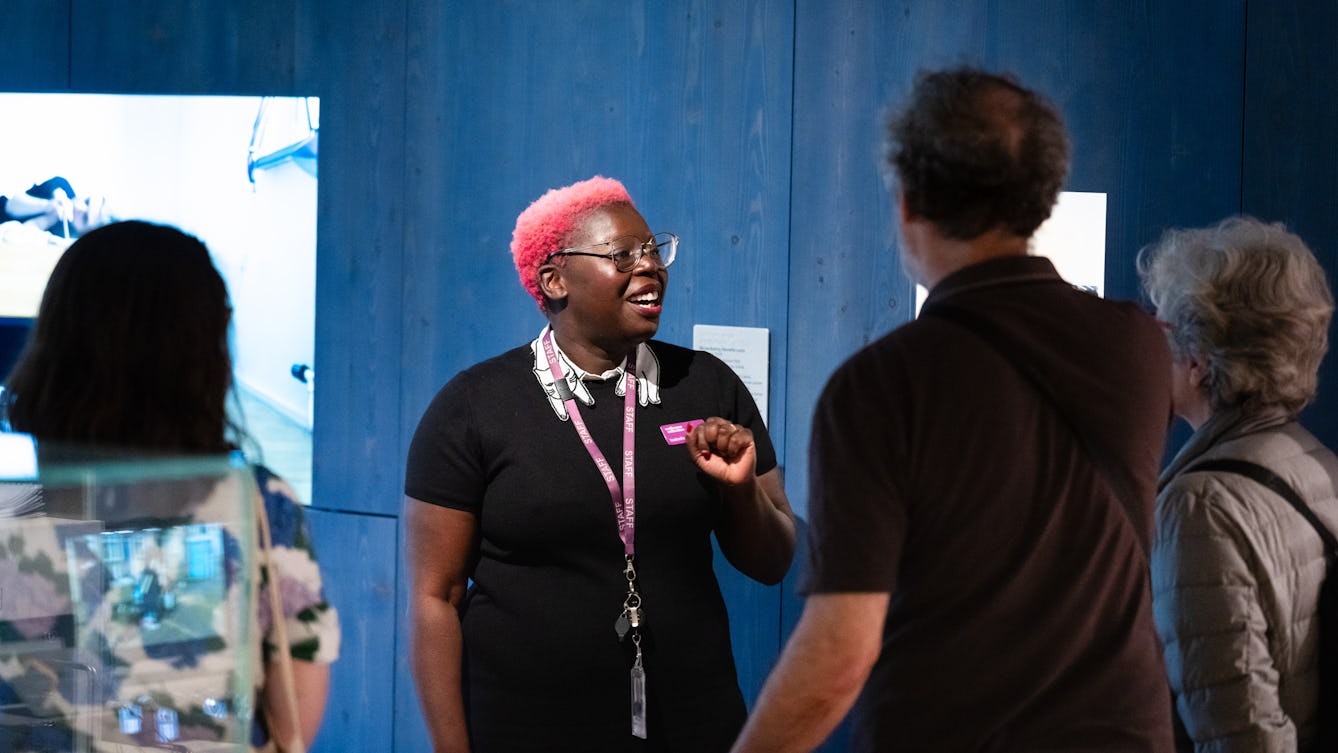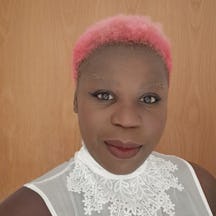What you'll do
Join Isabelle Gapomo in the 'Being Human' gallery to discover the remarkable story of Henrietta Lacks, a Black woman, and her unwitting contribution to molecular biology. Henrietta's story reflects the exploitation of marginalised groups in medical research and highlights the paradox of working to benefit humanity yet disregarding individual lives.
Meet at the Information Point when you arrive.

